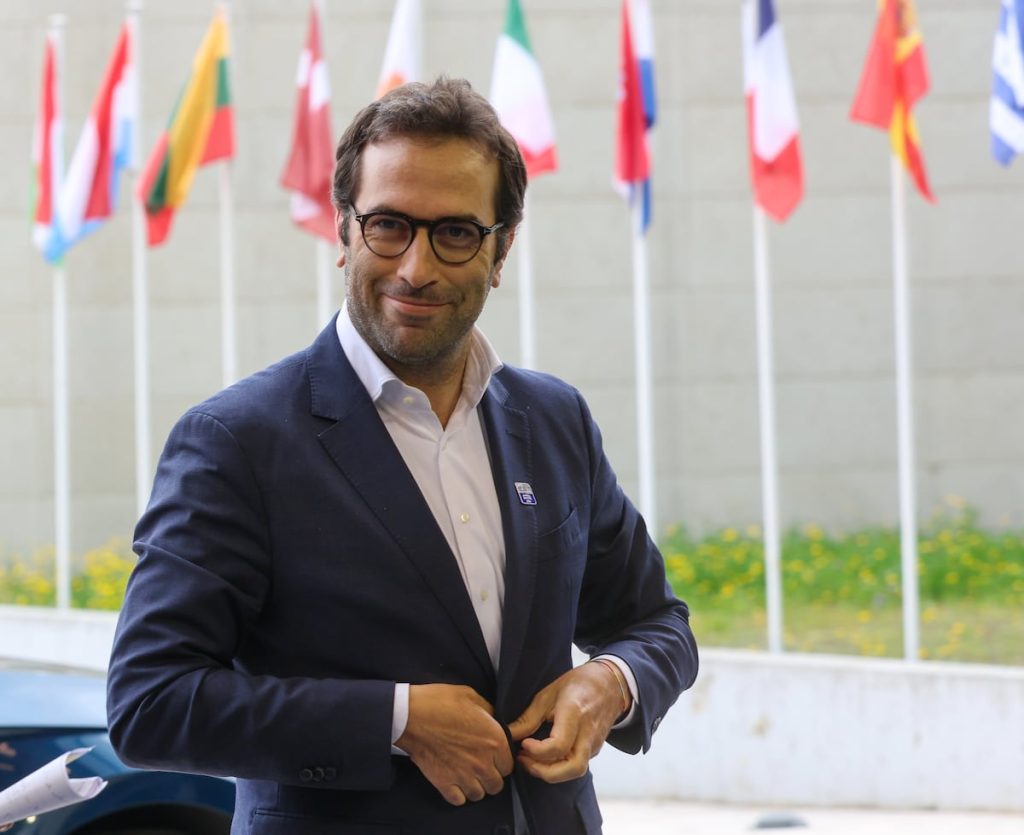The puzzle of governance in Catalonia is not coming together, and the pieces for the sustainability of the legislature are also not fitting properly. On June 25th, the President of the Catalan Parliament, Josep Rull, will conduct a simulated investiture ceremony without a candidate. Neither the election winner, socialist Salvador Illa, nor the second-place candidate, Carles Puigdemont of Junts per Catalunya, have the necessary support to be invested. This event marks the beginning of a two-month deadline to try to gather a majority around one of them. If this is not achieved, new elections will be held on October 13th. The difficulty of satisfying the independence demands on funding without violating the rules defended by the central government creates a significant barrier to reaching an agreement. Additionally, the reactivation or new allegations of crimes against separatist leaders, complicating the implementation of the amnesty law, further hampers the normalization efforts sought by Pedro Sánchez in both Catalonia and Madrid. Despite these challenges, the coalition government maintains that early general elections are not on the horizon.
The current political landscape in Catalonia is marked by a lack of consensus and support for any candidate to lead the region. The investiture ceremony scheduled for June 25th does not have a clear candidate that can garner enough backing from the various parties. This situation triggers a two-month deadline to try to build a majority around one of the leading figures, failing which new elections will be called on October 13th. The challenge lies in balancing the demands of the pro-independence movement regarding financial autonomy without infringing on the constitutional norms upheld by the central government. The resurgence of legal challenges against separatist leaders and the obstacles posed to the amnesty law further complicate the path to normalization in Catalonia and Madrid.
The inability to finalize a governing coalition in Catalonia reflects the broader tensions and complexities in the region, with divergent political parties and ideologies vying for power and influence. The dynamics of the investiture process underscore the deep-rooted disagreements and challenges facing the governance of Catalonia, with no clear resolution in sight. The efforts to navigate the demands of the pro-independence movement while upholding the legal framework set by the central government create a formidable obstacle for any potential agreement to be reached. The added complications of legal challenges against separatist leaders further complicate the already delicate situation, making it difficult to achieve a sense of normalcy in the region.
Despite the ongoing political impasse and challenges in Catalonia, the coalition government remains steadfast in its determination to avoid early general elections. The focus is on trying to find a viable solution within the established constitutional framework, balancing the demands of various political parties and stakeholders. The looming deadline for forming a majority government highlights the urgency of the situation, with the possibility of new elections casting a shadow over the political landscape. The government’s commitment to finding a peaceful and democratic resolution to the political crisis is evident, even as the obstacles and complexities continue to mount in Catalonia and Madrid.
In conclusion, the political situation in Catalonia remains fraught with uncertainty and challenges, with no clear path forward for forming a stable government. The investiture ceremony on June 25th serves as a symbolic reminder of the difficulties in reaching a consensus among the various political factions in the region. The balancing act between satisfying the demands of the pro-independence movement and upholding the constitutional norms set by the central government adds another layer of complexity to the process. The coalition government’s determination to avoid early general elections underscores the commitment to finding a peaceful and democratic resolution to the political crisis, despite the obstacles and hurdles that lie ahead. The coming months will be crucial in determining the future direction of Catalonia and the broader implications for governance in the region.


